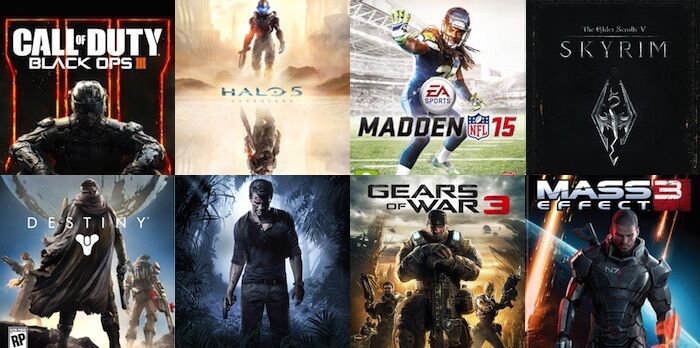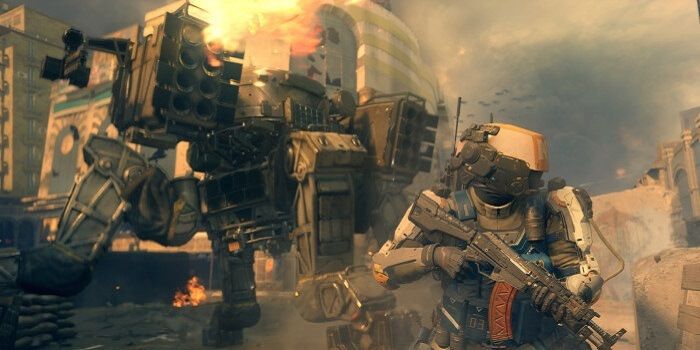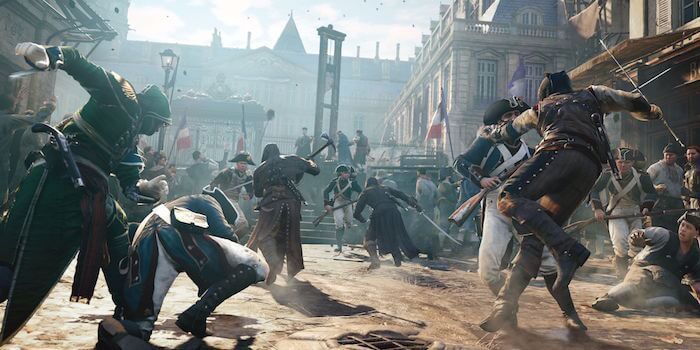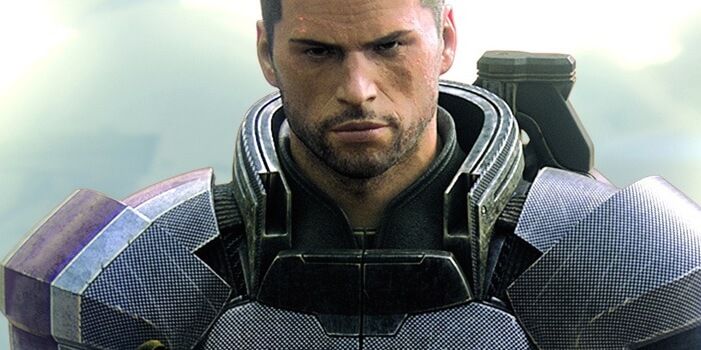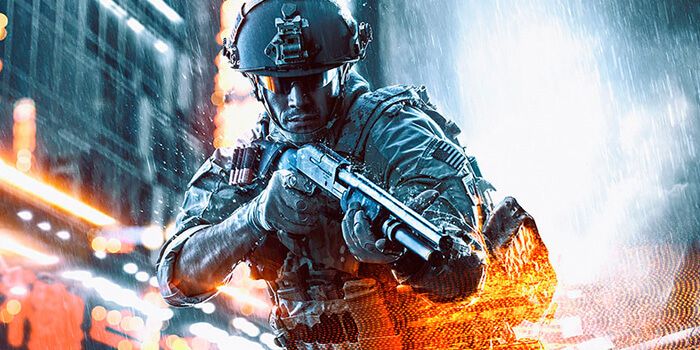This past week marked a big one for massive budget franchises across all media. On the movie front, Marvel’s Avengers: Age of Ultron hit international theaters and prepared for its big domestic push. Conversely, video game juggernaut Call of Duty put its own marketing plan into motion with the release of the Black Ops 3 trailer. However, while Avengers’ arrival has been mostly met with enthusiasm, the Black Ops 3 reception was mixed to say the least.
Now, the goal here is not to compare a movie franchise with a game franchise, but rather to explore why one property built to deliver sequels succeeds and why the other fails. More specifically, what triggers that moment when a game series turns from “highly anticipated” to “derided?” Franchise fatigue has clearly set in on Call of Duty and a number of other franchises, but why?
Why So Much Hate?
Before trying to uncover what exactly draws out this franchise fatigue, it’s important to set a simple base line. When we talk about franchise fatigue there are a few notable examples. Call of Duty is obviously the first that comes up, and some would say rightly so.
Activision puts out a new Call of Duty every year, and every subsequent iteration typically riffs on the prior release. There aren’t many big sweeping changes and the game’s visuals and design typically remain unchanged. That’s no concern to the fans that gobble up Call of Duty’s annual release with reckless abandon, though. Sales are slumping, sure, but even in a slump Call of Duty is still able to top the yearly sales charts, like it did with Advanced Warfare last year.
So, when Activision released its Black Ops 3 trailer over the weekend there was a mixture of reactions. Some were excited, while others were dismissive. It’s a song and dance we’ve seen several times before, and there is no indication detractors’ tune will change any time soon. For them, franchise fatigue set in long ago, but when exactly is unclear.
-
Are Some Properties More Vulnerable?
While plenty of movie franchises can escape franchise fatigue with minimal effort, video games aren’t nearly as lucky. Even so, there are some game series that seem more prone to criticism and sales fluctuations than others. Games from beloved developers, for example, tend to get an easier road, while those that come from Activision and Electronic Arts are met with a more discerning eye. While Halo was under Bungie, for example, it seemed like the franchise could do no wrong, but now that the series has moved to 343 Industries fans are more critical, and by and large they are much less excited.
Is franchise fatigue more an indictment of the people working on the game more so than the game itself? If a developer like Bethesda took over a property like Call of Duty would interest change? Maybe not, but it’s certainly something to think about. There have got to be reasons why certain games are more susceptible to franchise fatigue.
_____________________________________________
Page 2: Are Annual Schedules to Blame?
_____________________________________________
s it a Question of Quality?
For the most part, when a new IP hits it gets designated as a franchise with little delay. Games like Watch Dogs, Titanfall, and Destiny were all labeled as potential series-starters before their first games even released. It’s just the expectation now that if a new game comes out, it has to have franchise potential.
Assassin’s Creed, for example, seemed very clearly built to sustain a successful franchise, and by and large it has. But some would argue that Assassin’s Creed (like many game series) has fallen out of gamers’ good graces. The massive problems with Assassin’s Creed Unity likely sealed the deal, but a general uneasiness about the franchise’s potential appeared much earlier than that.
Assassin’s Creed 4: Black Flag was critically praised, but it’s predecessor, Assassin’s Creed 3, was almost universally panned. Expectations were very high for the game, as it was the first numbered series entry in a while, but Ubisoft failed to deliver on their promises. Connor was no Ezio and the gameplay left a lot of gamers unfulfilled. That game put thoughts that AC might not be what it once was in gamers' minds.
So could it be that franchise fatigue is a byproduct of two "failures"? Does the first mediocre title sow those seeds of doubt, and then the second solidifies them? It’s entirely possible. Let's look deeper.
Mass Effect 3 was a game with huge expectations and we all know how that color-coded ending turned out. And yet, gamers are still very excited for Mass Effect 4. Clearly not because Mass Effect 3 was a triumph – although plenty would say it was – but because the franchise only has one “stain” on its resume.
Furthermore, some would argue that Uncharted 3 was a step back for the franchise, or at least a less exciting follow-up to Uncharted 2, but Uncharted 4 enthusiasm is at a fever pitch. It only added fuel to the fire when Sony made the tough decision to delay the game. Enthusiasm is high, but what happens if Uncharted 4 disappoints? Does it start to decline like Assassin's Creed?
-
Is it a Question of Time?
While sports franchises are practically impervious to fatigue, and can draw in huge numbers of casual fans, many others struggle because of annualization. Releasing one game every year does keep a game on people’s minds, but it also pushes their wallets.
More importantly, though, an annualized release schedule reduces development time from a marathon to a sprint. Instead of taking the time to ensure every facet of a game is right and then releasing it, developers for annualized series are typically bound by immovable release dates. Some publishers try to give devs extra time by bringing on more teams or alternating teams for releases, but the perception is still that these games are rushed.
In Call of Duty’s case it appears more likely that the time is an issue because most of the games still track pretty well with critics. People who have to give the games a chance - out of work obligations or simply out of loyalty - typically find that the latest Call of Duty is an enjoyable experience. Disenchanted fans, however, malign the series with reckless abandon, oftentimes without having played a single second.
Moreover, Call of Duty’s biggest competitor, Battlefield, suffered a similar drop off and it was coincidentally (or not) tied to the franchise’s announced plans to go annual. Battlefield 3 came out and was praised practically across the board, but then Battlefield 4 arrived with numerous online problems and left fans disappointed. One could say that the one “bad” game theory is also in play for Battlefield, but it appears more likely that the move to annualization is doing it in. The same could be said for Assassin’s Creed as well.
-
How to Escape Franchise Fatigue?
So how does one franchise get to keep putting out sequels with minimal critique while another gets drug through the mud? There’s obviously no clear-cut answer, but there are some important factors at play. Prior failures and an annual release schedule seem to be the two biggest, but even then there's no telling when the fan base may turn.
It’s easy to say that as long as a franchise is good then developers should keep making those games, but it’s not so simple either. Expectations increase the longer a series goes on, and so do the budgets. Budgets increase risk, and increased risk discourages innovation.
No matter the situation, though, one thing seems pretty clear: it’s very hard to recover from franchise fatigue. Call of Duty has been trying to win its naysayers over for the last few years but had no such luck.
When does franchise fatigue set in for you? Which franchises are you no longer interested in as a result?

